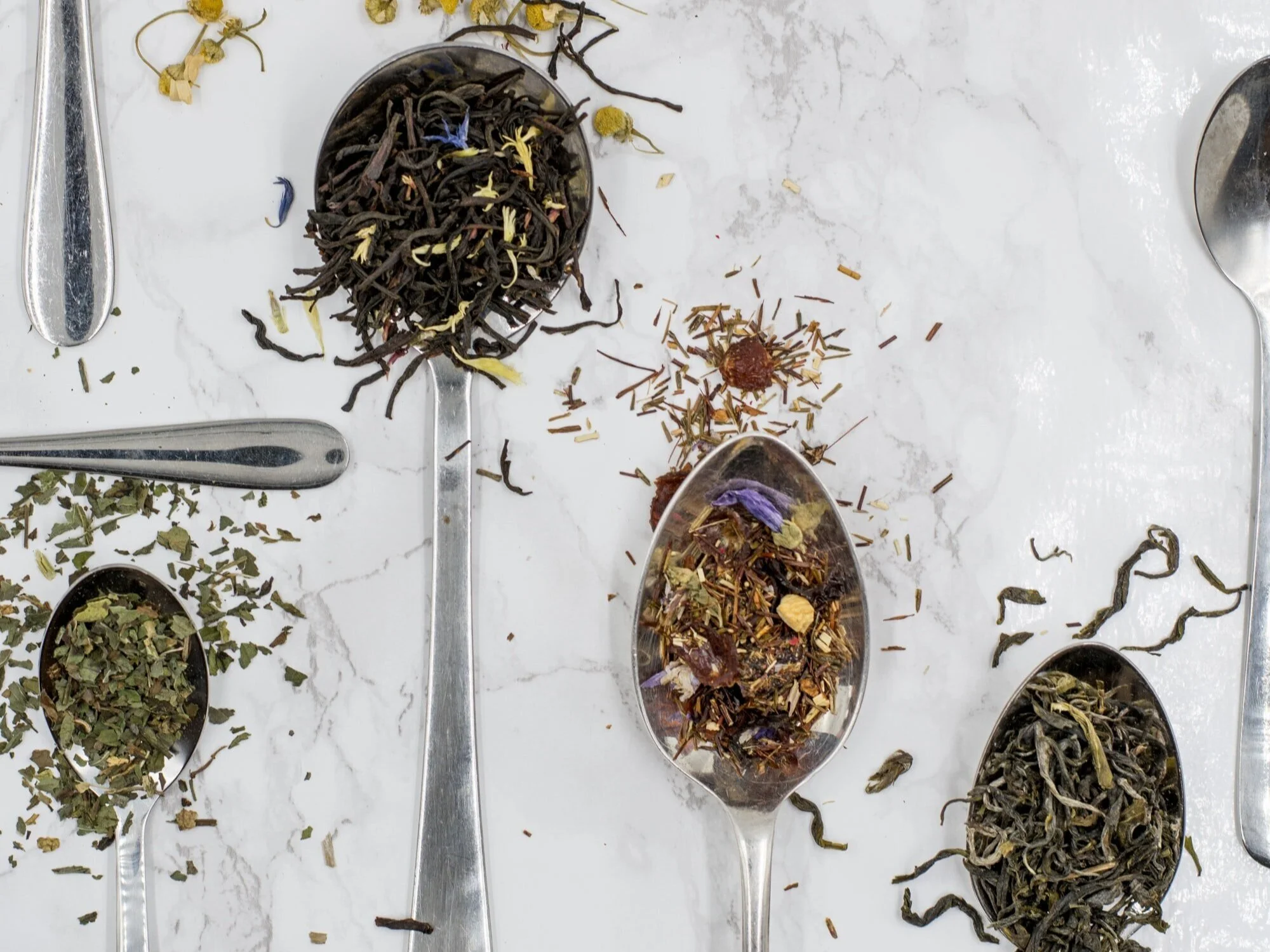Hot Flashes — Explained
Alison Boden, MPH, RDN dietitian and functional nutritionist focused on reproductive health, @nourishing_radiance
Hot flashes and night sweats - some of the most common complaints of early postpartum. But it doesn't always stop after the 4th trimester, and can be a big steamy hot red flag that we need to support one hormone in particular... ESTROGEN.
Estrogen is our juicy vibrant hormone. When it's in good balance we not only have a regularly ovulating cycle (which then supports progesterone release), but moods are a bit brighter, stress tolerance is better, sleep is better quality, brain fog improves and estrogen even helps keep the skin's elasticity, reduce inflammation and promote strong bones.
But Estrogen is like goldilocks... too much (what we generally call "estrogen dominance") can lead to problems like heavy painful periods, irregular cycles, water retention and conditions like PCOS, endometriosis and fibroids.
Too little? Then we can have basically the opposite of what I mentioned above re: juicy and vibrant and also that thing that you know happens in menopause but didn't expect it to show up so early...
Hot flashes and night sweats.
This typically shows up in the first weeks postpartum - and for some it goes away after that. But for others, it sticks around. And sometimes the sweats show up just at certain times of the cycle when estrogen dips - particularly right before and during your period. The closer you are to perimenopause, the greater this is likely to be an issue.
So.... how can we support estrogen?
If you're getting signs of low - the sweating but also low mood, low libido, irregular cycles, sudden increase in wrinkles/ skin dryness, spotting between periods, no period at all, sleep issues, joint pain, vaginal dryness...
We want to actively support your body's estrogen production with some functional foods, along with balanced meals. If you are skipping meals, reducing calories or cutting out a macronutrient like carbs, protein or fat then you'll get less traction out of these tips. So please know that balancing meals is the first step to hormone balance.
My favorite functional foods for estrogen support:
1. Flax. This is an adaptogenic phytoestrogen that can mimic estrogen in the body, and also reduce estrogen when it is too high. I love all of my new mamas to have a tablespoon of ground flax seed per day. I've seen quick and significant improvements in postpartum night sweats by using flax.
2. Maca. Another adaptogenic hormone helper. Maca is my go to herb to set the foundation of hormone help, and it can assist all of our sex hormones not just estrogen. It works best if used daily.
3. Soy. Now this one is controversial. I don't use soy if I have any suspected estrogen dominant issues, history of reproductive cancers or thyroid conditions. But in the absence of these, regularly consuming organic soy products a few times per week (the organic is important here) can help beef up estrogen.
These foods can really put a dent on supporting your body's estrogen balance, in a gentle "working with your body" way. There are more herbs available that target estrogen more directly, but I typically like to layer those in with my clients after doing this foundational + functional food work first. Doing some urinary hormone testing can also give us insight into what supplements and foods will work best, give the unique biochemistry we all have.
Alison leads a postpartum nutrition program called Radiant Mama (linked). Hormone balance and nutrient replenishment are the cornerstones of the program. She also works 1:1 with clients. You can book a free 1:1 intro session with her here.










